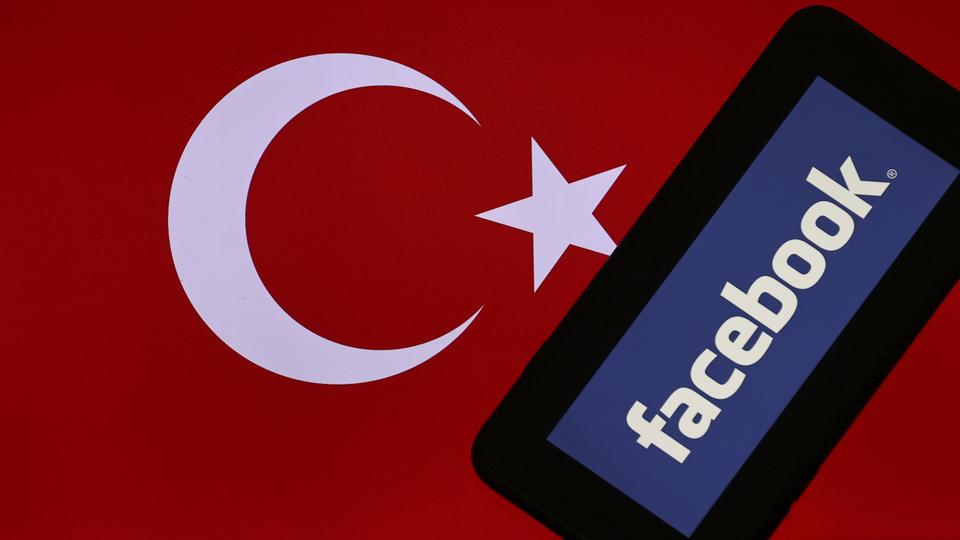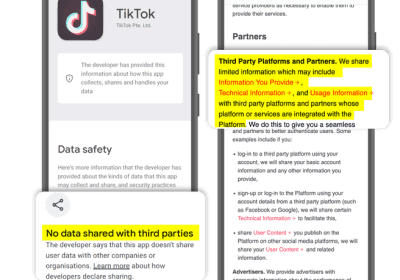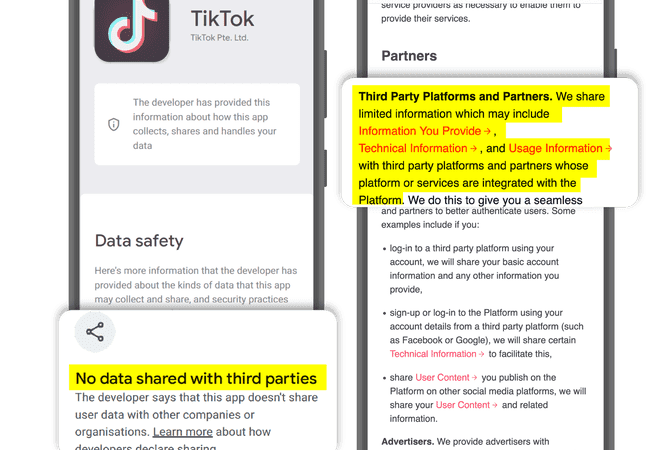Facebook has started a procedure to comply with the new Turkish internet law. The company indicates that it has appointed a local representative for the country. Rumors had previously circulated that the company would oppose the law.

Facebook says in a press release that it has closely followed the developments surrounding the internet law, and has ultimately decided to comply with the law. “Like other companies, we have decided to start by appointing a legal entity as a local representative, in accordance with the law.” Other tech companies have already done this. This includes YouTube, for example, Reuters writes .
At the same time, the company says it “recognizes that Facebook is a place where users can exercise their freedom of expression.” The company reports that it will not change its community standards and government request processing policy in response to this decision. The company says it will withdraw its representative if it is pressured in those areas.
Turkey amended its internet law in 2020 , which has since stated that tech companies with more than a million users must appoint a Turkish representative as the point of contact. With the renewed internet law, Turkish authorities may, among other things, demand that certain content be removed from social media.
Companies must respond to this within 48 hours or provide a reason within that time why this is not done. Tech companies are also obliged to store data of Turkish users in the country itself. Facebook does not mention the latter obligation.
When platforms do not comply with the law, the Turkish government has the power, among other things, to issue fines and limit the bandwidth to the platform in question. This does not block such a service, but such a platform is virtually inaccessible in practice.
Rumors previously circulated that Facebook would oppose the law. The Financial Times stated that Facebook would not comply with the new internet law. The newspaper stated that, based on two sources, they would be aware of the situation.











